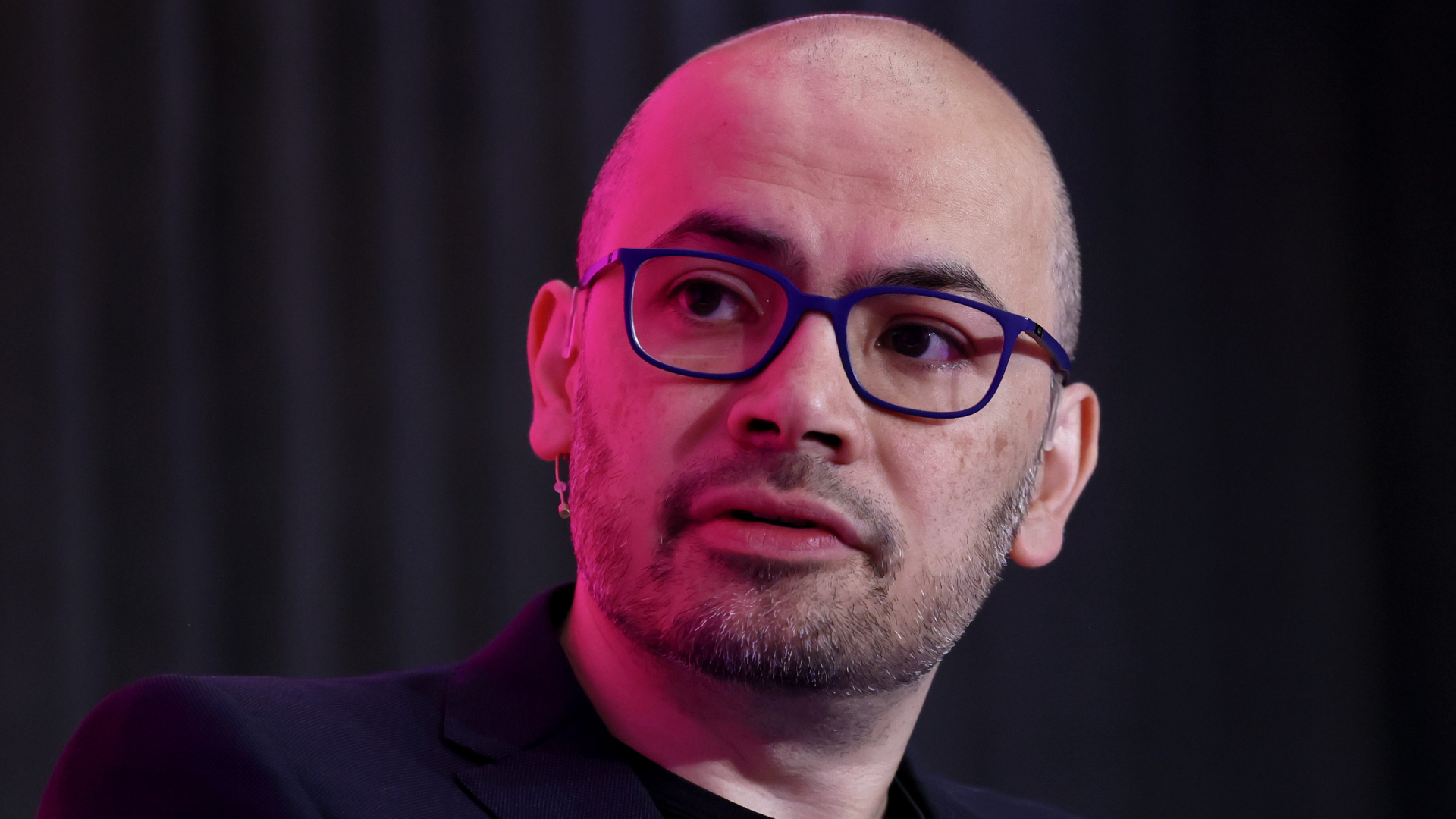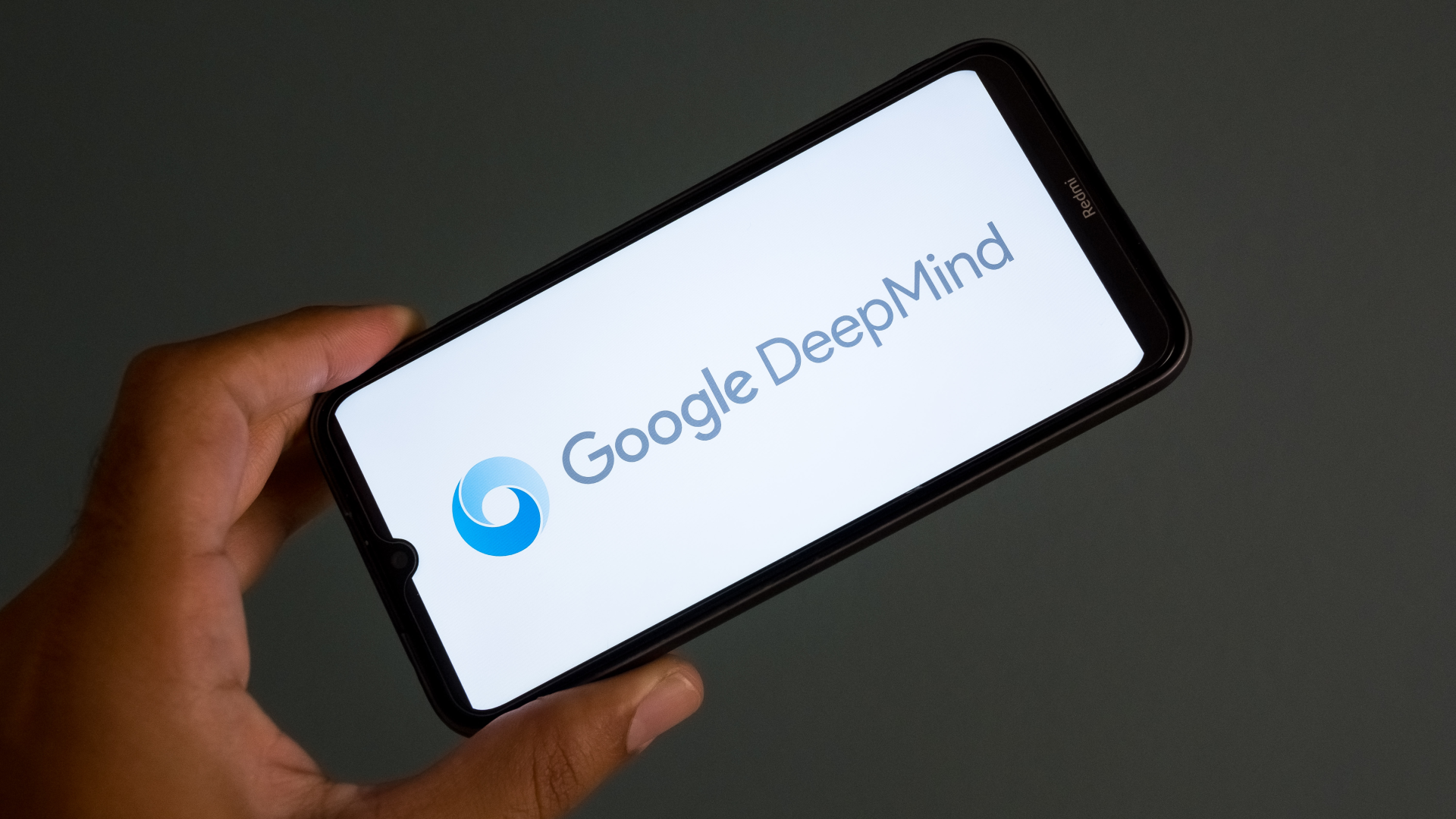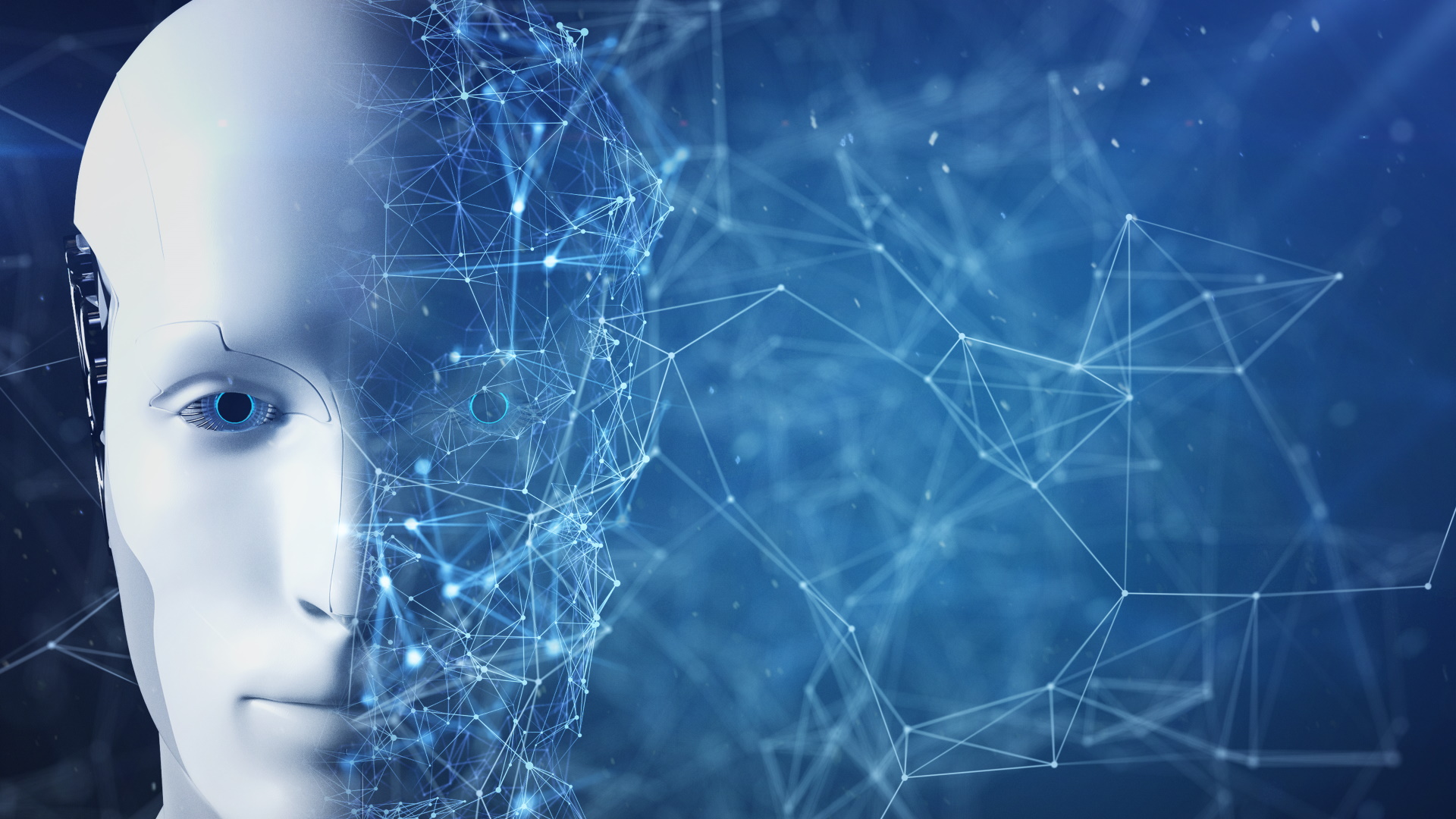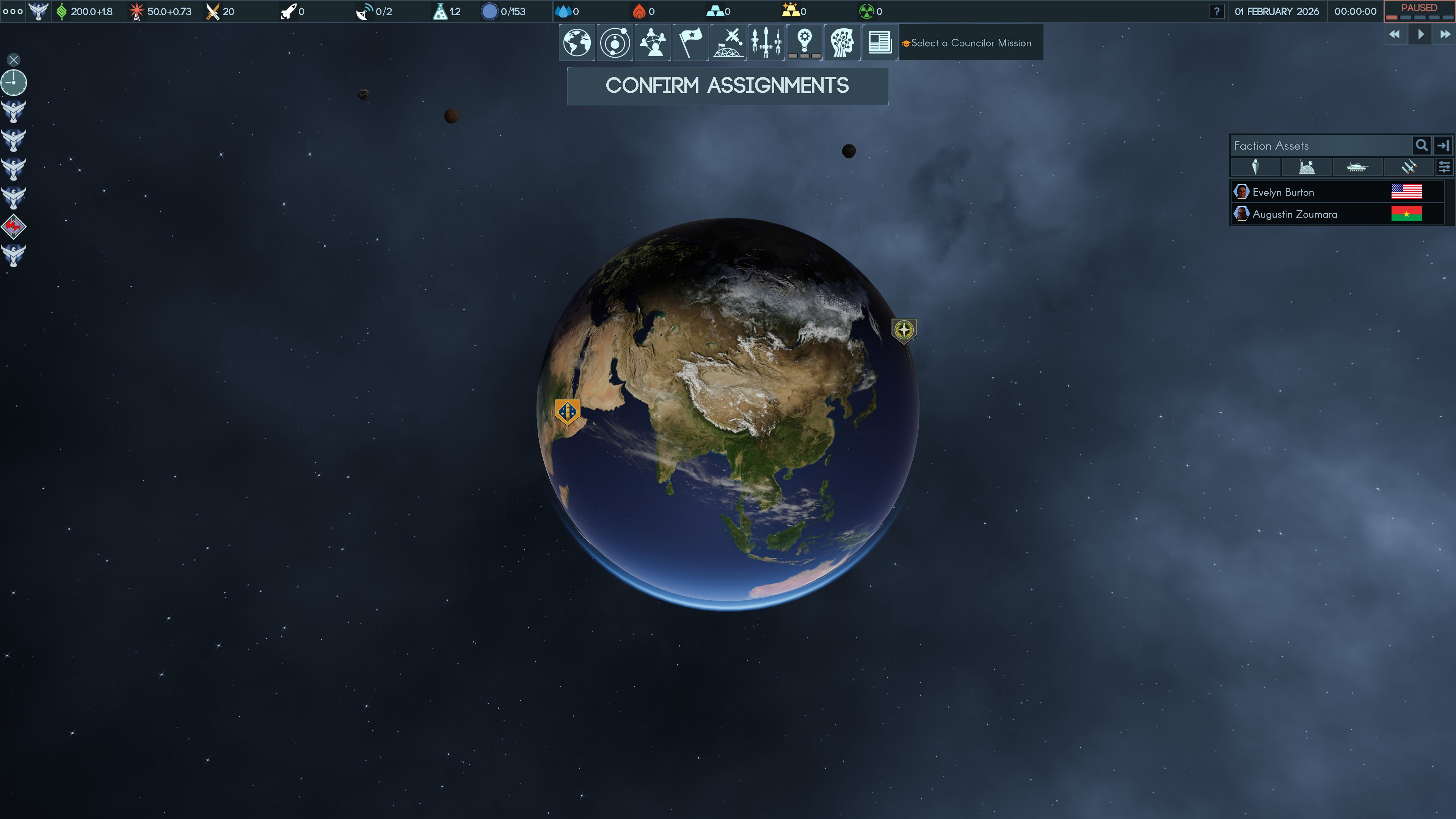DeepMind CEO makes big brain claims, saying AGI could be here within 'five to 10 years' and cause humanity to experience widespread change that's '10 times bigger than the Industrial Revolution, and maybe 10 times faster'
I'm not getting my hopes up though.

Another week, another prominent name being perhaps all too optimistic about the future of AI. This time it's Google DeepMind CEO and former Lionhead developer Demis Hassabis, claiming that advances in AI will usher in a seismic shift that's "going to be 10 times bigger than the Industrial Revolution, and maybe 10 times faster."
To briefly recap, you may recognise Demis Hassabis as the co-designer and lead programmer of Bullfrog's 1994 management sim Theme Park. Continuing to work alongside Peter Molyneux at Lionhead Studios throughout the early 2000s, Hassabis later went on to co-found DeepMind alongside Mustafa Suleyman in 2010.
Long story short, Google bought DeepMind for $400 million in 2014, Suleyman departed in 2019 to head up AI at Microsoft, and Hassabis has since described DeepMind as "the engine room of Google" in a recent conversation with The Guardian.
In this latest interview, Hassabis claims that Artificial General Intelligence will be a reality "maybe in the next five to 10 years, possibly the lower end of that." He muses, "I don’t know if it will be a single moment.
It may be a gradual thing that happens, but we’ll have something that we could sort of reasonably call AGI, that exhibits all the cognitive capabilities humans have."

With Large Language Models still hallucinating and glazing for days, AGI doesn't feel quite that close to me. Even with the repeatedly stated limitations of today's technology, we're already seeing attempts to use AI to replace human jobs (to say nothing of Xbox's tone deaf use of an AI image to advertise graphics designer jobs). It's such a concern that both US politician Bernie Sanders and Pope Leo XIV have publicly framed the rise of AI as a serious labour issue.
Hassabis himself concedes the industrial revolution was hardly a time of equally distributed opportunity, but insists "we wouldn’t wish it hadn’t happened." Though Hassabis agrees steps should be taken to minimise the disruption of the posited AGI revolution, he's still reluctant to discard blue-sky thinking.
Keep up to date with the most important stories and the best deals, as picked by the PC Gamer team.
Hassabis describes himself as "a cautious optimist," trusting in humanity's ingenuity and adaptability. He elaborates, "I mean, look where we are today. Our brains were evolved for a hunter-gatherer lifestyle and we’re in modern civilisation."
Undeterred by our present reality, Hassabis goes on to trace the outline of a utopia enjoying rapid, AGI-fuelled advancement and what he describes as an era of "radical abundance."
He says, "It should lead to incredible productivity and therefore prosperity for society. Of course, we’ve got to make sure it gets distributed fairly, but that’s more of a political question. And if it is, we should be in an amazing world of abundance for maybe the first time in human history, where things don’t have to be zero-sum. And if that works, we should be travelling to the stars, really.”
When the Guardian even lightly interrogates this fairytale, asking how humanity can avoid a world in which we've surrendered collective economic power to whoever controls such an 'abundant' AI, Hassabis redirects, "That’s going to be one of the biggest things we’re gonna have to figure out—let’s say we get radical abundance, and we distribute that in a good way, what happens next?" Personally, it feels naive to entertain such an outcome when there's so many less-than-happy endings still very much possible.

Besides labour issues, it's hard not to take Hassabis' claims with a pinch of salt—as the CEO of DeepMind, he obviously stands to gain a lot from continuing investment in AI. On the other hand, Hassabis possesses a demonstrable expertise that would suggest he actually does know what he's talking about.
Between Microsoft CEO Satya Nadella claiming AI will be a 'CGI-moment' for the games industry, Meta head Mark Zuckerberg asserting folks who don't use AI glasses will be at a "pretty significant cognitive disadvantage," and OpenAI big cheese Sam Altman declaring "everyone on earth will be capable of accomplishing more than the most impactful person can today" thanks to AI, it's hard to cut through the noise.
All of this bluster comes from folks who not only represent an authority on AI, but also have very obvious vested interests in the technology's success. Often, claims like all of the above—including Hassabis'—leaves the rest of us to decipher whether the drive to push humanity forward genuinely outweighs the temptation to say whatever is necessary to ensure the flow of capital to one's AI company.

1. Best overall:
HP Omen 35L
2. Best budget:
Lenovo Legion Tower 5i
3. Best compact:
Velocity Micro Raptor ES40
4. Alienware:
Alienware Aurora
5. Best mini PC:
Minisforum AtomMan G7 PT

Jess has been writing about games for over ten years, spending the last seven working on print publications PLAY and Official PlayStation Magazine. When she’s not writing about all things hardware here, she’s getting cosy with a horror classic, ranting about a cult hit to a captive audience, or tinkering with some tabletop nonsense.
You must confirm your public display name before commenting
Please logout and then login again, you will then be prompted to enter your display name.

